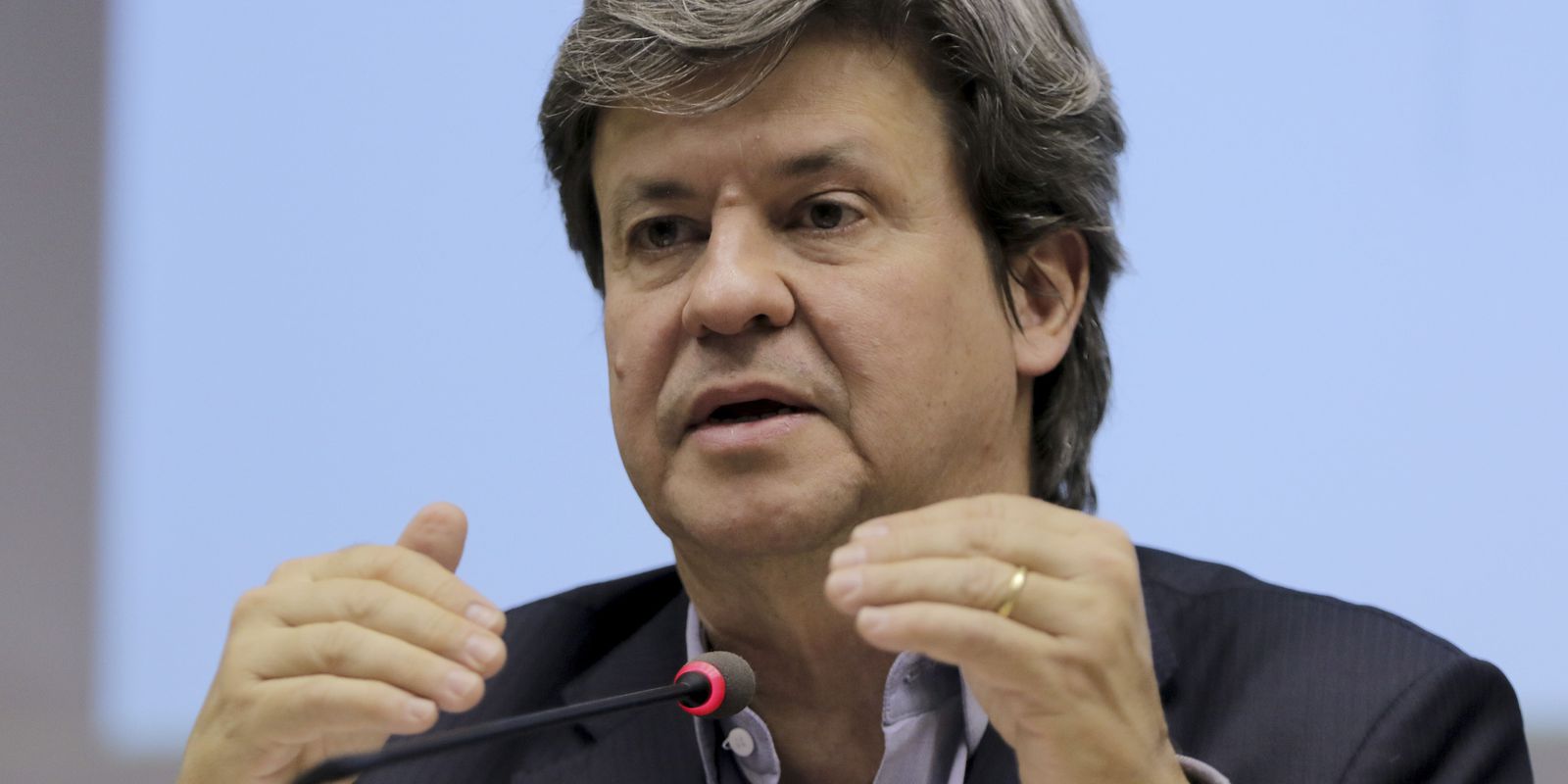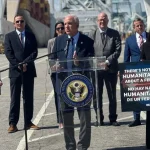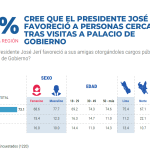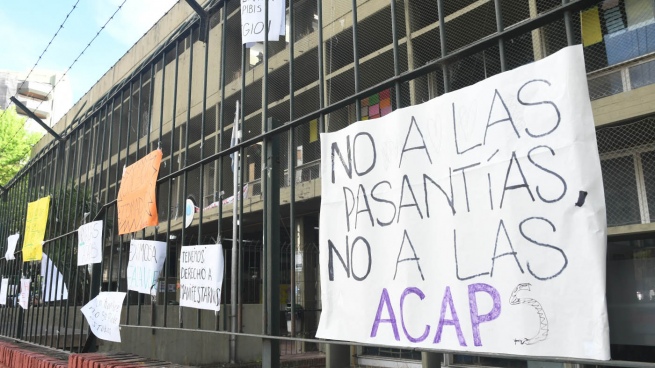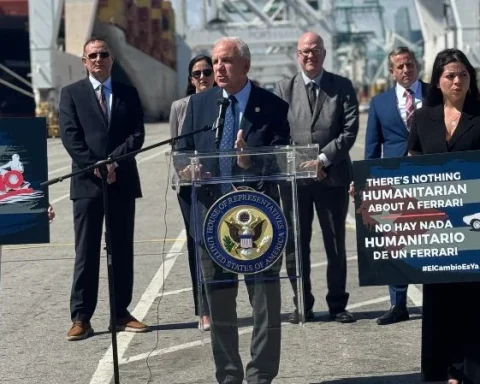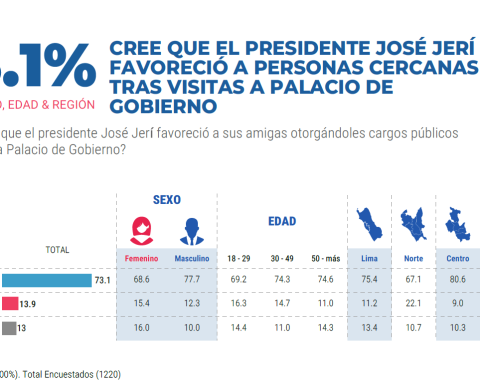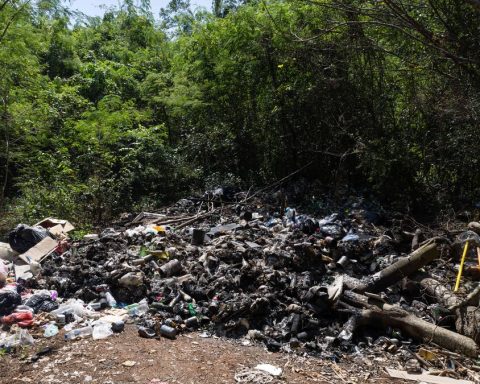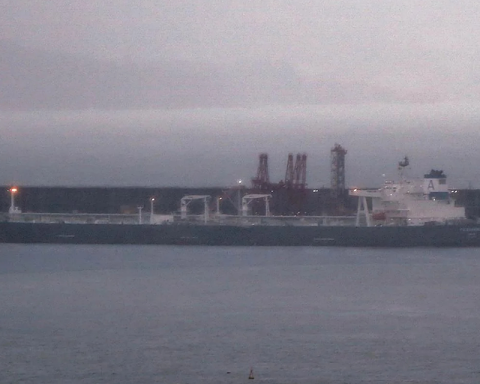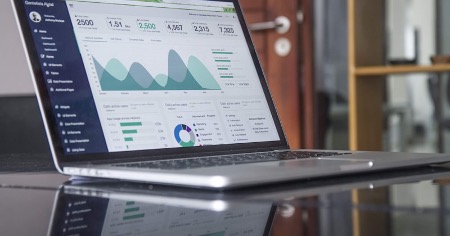Saving resources to pay interest on the public debt, the primary surplus could end the year above the official forecast of R$ 13.5 billion, said today (29) the Secretary of the National Treasury, Paulo Valle. In an interview to explain the public accounts result in augusthe said that several factors will help the public accounts this year.
The secretary cited the payment of dividends by Petrobras to the Union, the recent contingencies made to meet the spending ceiling and the pooling of resources in ministries. A problem that mainly affects parliamentary amendments, in the pond, bodies are obliged to commit (authorize) funds, but are unable to spend or reallocate the appropriations.
Last week, the Bimonthly Report on Revenues and Expenses had projected a primary surplus of R$ 13.5 billion for this year, the first annual positive result since 2013.
According to the report, the surplus could have reached BRL 37.5 billion if it were not for the payment of around BRL 24 billion referring to the agreement between the Federal Government and the city of São Paulo to extinguish the lawsuit that questioned the possession of the Campo de Marte airport. According to Valle, the result should be closer to R$ 37.5 billion than the R$ 13.5 billion announced last week.
Public debt
For the Secretary of the Treasury, Brazil is “very well positioned” in the economic scenario to go through the elections. According to Valle, the country is combining good fiscal results with efficient monetary policy. This is because public accounts are expected to end the year with a primary surplus, while the Central Bank has raised interest rates faster than advanced economies and is managing to hold back inflation.
According to Valle, after taking the lead in adjusting its monetary policy and with good fiscal results, Brazil will experience a positive scenario for investments after the definition of interest rate adjustments in the United States. “Public debt is a ‘no concern’, so much so that Brazil should end the year with a drop in debt, even lower than in 2019, while the debt of other countries continues to grow after the covid-19 pandemic”, declared the secretary. .
Valle pointed out that the National Treasury has a comfortable liquidity cushion to manage the public debt. Yesterday (28), the agency announced that this reserve, around R$ 1.1 trillion, is able to cover 10 months of maturities of the Brazilian public debt.
According to the secretary, Brazil will attract foreign investment after the elections. “There is a lot of volatility in the foreign market, but there is a consensus that Brazil has taken the lead, it is well positioned”. He said he had recently met with investors in England and stated that foreign investors are less concerned than Brazilian investors about the country’s fiscal framework. According to him, “there are many election questions, but nothing different [do habitual]”. Despite this, he stated that he believes that, after the election, there will be good investment conditions in Brazil.
“I feel less concern from foreign investors than from Brazilians regarding the fiscal framework,” he said.
The secretary reaffirmed that the Treasury does not have a deadline to present a proposal that creates a new fiscal framework for the country, which would use the evolution of the public debt as an anchor. According to him, the body is still finalizing a text on the subject.
